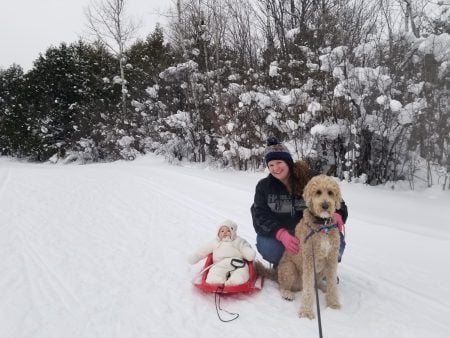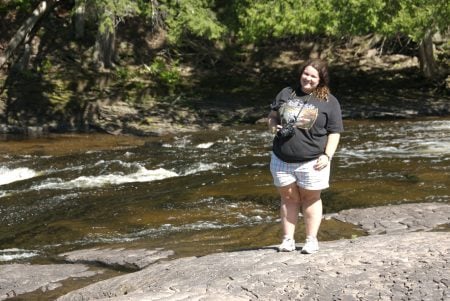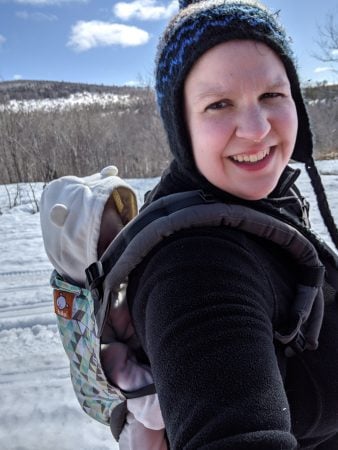Sarah Kuiper is a fourth-year nursing student, getting her bachelor’s degree in nursing (BSN) who found that nursing is much more than taking vitals and giving shots. Sarah recounts her experiences as a BSN student and her advice for nursing students.
Why did you choose to go into nursing? Was there a life experience you had? Tell me about it.
I decided to go into nursing after the birth of my first child. Before that experience, I thought a nurse was just someone who gave shots and took vitals. After my daughter’s birth, I learned that nursing is really so much more than that. They are not only caregivers but teachers and advocates. That encounter not only taught me that nursing was in my future but also the significant positive impact that one person can have on the healthcare experience.
The concept of an academic family enhances the learning experience for nursing students. How did your academic family help you in your first years in the program?
My academic family helped me during the first few years by providing study tips, a listening ear, and by giving me a great understanding of what it would take to be successful. They checked in on us to see how we were doing and were always our biggest cheerleaders.
In what way did the academic family concept help you as an upperclassman mentoring and giving advice to newer nursing students?
By providing tutoring and helping our “kids” in the skills lab, I gained confidence in my own skills and knowledge. It also helped me retain what I learned during the first years in the program.
Where did/will you complete the majority of your clinical hours?
We have a huge variety of clinical locations. I spent a significant amount of time at both hospitals, as well as various local clinics, schools, long-term care, and hospice facilities. Our mental health clinicals included hours at a residential substance abuse house. We also helped to teach life skills to those with developmental disabilities. My most memorable experiences have been when we traveled to Marquette for clinical rotations in intensive care, NICU, and behavioral health units. Each clinical site has a different focus, and the places we are sent depend on what classes we are taking that semester.
What are some of the things you do during clinicals? What do you enjoy the most about the experience?
The things we get to do in clinical progress throughout the program. Only once we have been checked off on a skill in the lab can we do it in the clinical setting. We started doing basic care such as providing hygiene, transfers, and taking vitals. We do patient assessments and learn to document according to the facility that we are at. Skills progress to the point where we start IVs, insert catheters and NG tubes, and even pass medications alongside an RN. In addition to skills, I have gotten to observe multiple surgeries and even a few births! The part I enjoy most is working alongside nurses in our community.
What have you learned about yourself from the clinical experience?
I’ve learned I will never stop learning. Nursing education goes far beyond the classroom, and I have only scratched the surface of all there is to know. Clinicals keep me humble and focused on the main goal of providing the best care possible. Also, the great variety of clinical locations helped me learn where I love to be and want to work in the future.
How do you think the clinical experience has set you up for success in your after-graduation plans?
The clinical experience gives me the opportunity to practice skills in a real nursing setting. As someone who plans to work locally after graduation, each clinical site could be a future place of employment. In addition to getting a basic understanding of the job at that facility, clinical is a chance to network with future co-workers and employers.
What advice do you have for nursing students getting ready to go through clinical?
Study up for your clinical day in order to come prepared. If you know you are going to work with a particular diagnosis, see a specific procedure, or pass a certain medication, look up everything you can on it the night before. Write your self notes on the topic and write down any questions you may have. Be prepared to DO things, seek out opportunities to practice skills, and take the initiative to give yourself the best possible learning experience.
What advice do you have for high schoolers who are considering getting a BSN?
Remember WHY you want to be a nurse and be prepared to work hard. Use all the resources available to you, and reach out for help when you need it.


